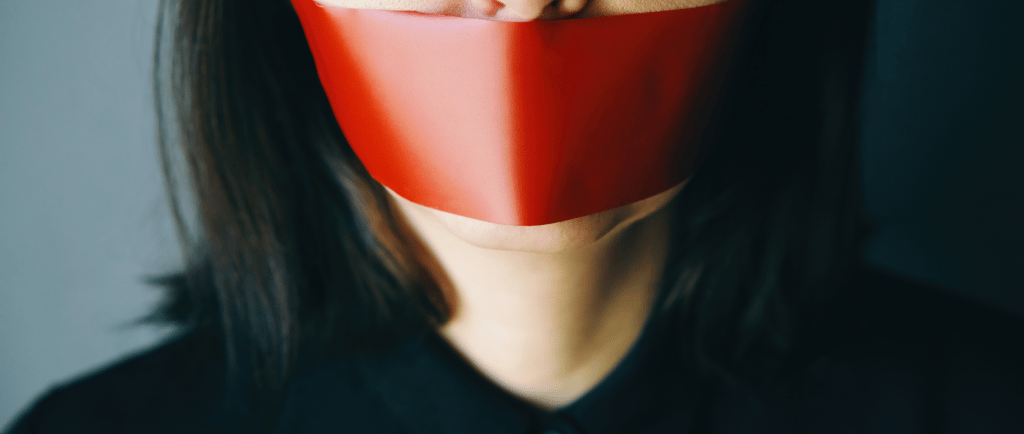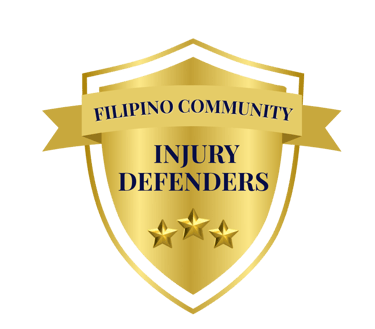Why Many Filipinos Stay Silent After an Accident
Instead of seeking justice, many Filipinos quietly endure their injuries, shoulder the financial burden, and move on as best they can. This blog post explores the deeply cultural reasons behind the silence.
Founder's Circle
8/20/20253 min read


Accidents happen in an instant, but the impact can last a lifetime—physically, emotionally, and financially. For many in the Filipino community, there’s an added layer of hesitation when it comes to speaking up or taking legal action after an accident. Instead of seeking justice, many quietly endure their injuries, shoulder the financial burden, and move on as best as they can.
Why is this? The reasons are deeply cultural, rooted in values that have helped Filipinos navigate life, but that can also hold them back when it comes to protecting their rights.
1. Pakikisama (Smooth Relations)
Filipinos value harmony in relationships. Pakikisama means maintaining good relations with others and avoiding conflict at all costs. After an accident, even if another party is clearly at fault, a Filipino may hesitate to press charges or file a claim—worrying it will “rock the boat” or make them seem difficult.
2. Pakikipag-kapwa (Mutual Support)
Closely tied to pakikisama, this is the idea of treating others as equals and practicing empathy and compassion. While these are beautiful qualities, they can backfire after an accident. A victim might feel guilty about holding someone accountable, worrying that it will cause hardship for the other person, even if they themselves are suffering.
3. Hiya (Shame or Embarrassment)
Filipinos often carry a deep sense of hiya—a cultural tendency to feel embarrassed, shy, or ashamed when drawing attention to themselves. Many don’t want to be seen as complaining, dramatic, or causing trouble. Instead of seeking help, they keep quiet, even if it means sacrificing their own well-being.
4. Fear
Fear can take many forms: fear of retaliation, fear of confrontation, and even a cultural fear of tempting fate or worsening one’s situation by taking action. Some may even think, baka karma ito (maybe this is karma) or “just let it go” as a way of avoiding perceived bad luck.
5. Insecurity and Discrimination
Living in the U.S., many Filipinos carry an underlying worry about discrimination—being treated differently because of their accent, background, or financial situation. This insecurity can prevent them from asserting their rights. Some may also fear they won’t be taken seriously by authorities or insurance companies.
6. Immigration Status
For immigrants who are undocumented or whose legal status feels precarious, the thought of getting involved in legal matters can be terrifying. Even when they are the victim, many stay silent because they fear exposure, deportation, or entanglement with the system.
⸻
The Hidden Cost of Silence
While these cultural values come from a place of humility, kindness, and resilience, they can also mean that many Filipinos bear the brunt of their injuries alone. Hospital bills pile up, lost wages go uncompensated, and long-term health issues remain untreated. What begins as hesitation can become a lifetime of financial and physical struggle.
The truth is, standing up for your rights is not “making a fuss.” It is protecting yourself and your family. Filing a claim or seeking legal help does not erase pakikisama or pakikipag-kapwa. In fact, by seeking justice, you are helping ensure that others do not suffer the same way.
⸻
A Call for Empowerment
Filipinos are known worldwide for their courage, resilience, and ability to overcome adversity. It is time to bring that same spirit into how we respond to accidents. Seeking justice is not about revenge—it’s about fairness. It’s about making sure that victims are cared for, families are protected, and the community learns to value its dignity and rights.
No one should have to carry the weight of an accident alone.
At Aksidente.com, our mission is to empower the Filipino community by breaking the silence around accidents. We connect the Filipino community with trusted personal injury lawyers who understand both the legal system and our cultural values. Just as important, we provide knowledge -- because knowing your rights is the first step to protecting yourself and your family. When our community is informed and supported, we are stronger, safer, and no longer forced to carry these burdens alone.
Contact
Claims help@aksidente.com
Lawyers lawyers@aksidente.com
This website is a group advertisement. It is not a law firm, lawyer referral service, or prepaid legal services plan. The information provided on this site is for informational purposes only and is not legal advice. By filling out the free consultation form, you are not forming an attorney-client relationship. You can only retain a lawyer by entering into a written retainer agreement with an attorney. All case evaluations are performed by participating attorneys. Each case is different. The result depends on the laws, facts, and circumstances unique to each case. Our company does not make any representation and has not made any judgment as to the qualifications, expertise, or credentials of any participating lawyer. Hiring a lawyer is an important decision that should not be based solely on advertising. Our services may not be available in all states. Stock photographs showing models are used on this website for illustrative purposes only. Models shown have no affiliation with law firms. Please reference the Terms of Use and the Supplemental Terms for specific information related to your state.
We use cookies to personalize content and to analyze our traffic. We also share information about your use of our site with our analytics partners who may combine it with other information that you have provided to them or that they have collected from your use of their services. You consent to our cookies if you continue to use our website.
Copyright © 2025 | All Rights Reserved


Website Designed by DotmagIQ
323.426.2210


